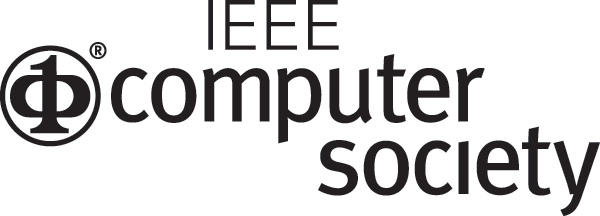KEYNOTE: David Brooks (Harvard University)
Workload Characterization in the Era of Specialization
Traditional performance and energy scaling benefits based on technology
improvements have slowed greatly. At the same time the demand for computing
capability is unsatiated with new killer applications emerging in the domains
of robotics, automotive, and machine-intelligence. Lack of progress in
technology scaling will necessarily place more demands on the computer
architecture and software layers to deliver capability. To overcome these
challenges, hardware acceleration in the form of datapath and control circuitry
customized to particular algorithms or applications has surfaced as a promising
approach, as it delivers orders of magnitude performance and energy benefits
compared to general-purpose solutions. Workload characterization is at the
heart of this approach, as designers must determine both what workloads are
important enough to justify specialization as well as as well as their
suitability for such techniques. This talk discusses recent efforts to develop
new methodologies for workload characterization and pre-RTL simulation of
accelerator-centric systems. Examples of workload characterization for
specialization will be drawn from a project characterizing live applications
from Google's production datacenter and the Harvard Robobee project.
David Brooks is the Haley Family Professor of Computer Science in the Paulson
School of Engineering and Applied Sciences at Harvard University. Prior to
joining Harvard, he was a research staff member at IBM T.J. Watson Research
Center. Prof. Brooks received his BS in Electrical Engineering at the
University of Southern California and MA and PhD degrees in Electrical
Engineering at Princeton University. His research interests include resilient
and power-efficient computer hardware and software design for high-performance
and embedded systems.

